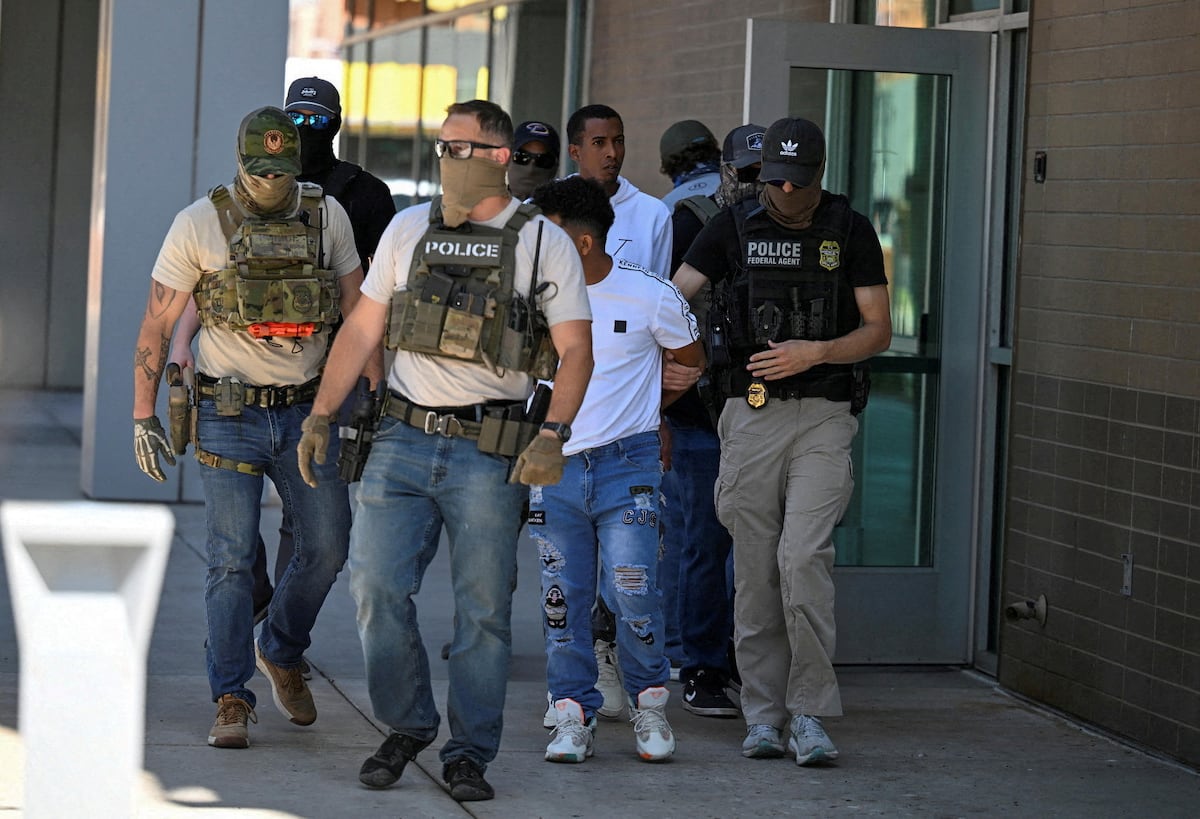
"Immigration and Customs Enforcement (ICE) is undergoing its largest expansion to date, with the goal of carrying out U.S. President Donald Trump's ambitious deportation agenda. Backed by $76.5 billion in new funding approved by Congress nearly ten times its previous annual budget ICE is working on new contracts, shortening training times, and delivering combat gear to new agents. At the same time, concerns are growing about its tactics for detaining and transporting people accused of being undocumented immigrants."
"Hiring thousands of new agents ICE has maintained a staff of about 6,500 deportation agents in recent years. Acting Director Todd Lyons said the agency now plans to add 10,000 more by the end of the year. Recruitment initiatives include hiring bonuses of up to $50,000, student loan repayment programs, and the rehiring of retirees as part of Operation Return to Duty, which allows former agents to retain their retirement benefits while receiving a new salary."
"To speed up the process, ICE has shortened training at the academy. At the Federal Law Enforcement Training Centers (FLETC) in southern Georgia, recruits used to spend about 16 weeks in residence. That program has been reduced to eight weeks, with additional virtual courses that are completed before and after. Spanish language instruction, which was previously a five-week requirement, has been eliminated and replaced with live translation devices."
ICE received $76.5 billion in new funding, nearly ten times its previous annual budget. The agency plans to add 10,000 deportation agents to a current staff of about 6,500, drawing more than 121,000 applications through hiring bonuses up to $50,000, student loan repayment programs, and Operation Return to Duty for rehired retirees. Eligibility rules now allow applicants aged 18 to 60 without college degrees, subject to physical exams. Training at the Federal Law Enforcement Training Centers has been shortened from about 16 weeks to eight weeks with supplemental virtual courses, Spanish instruction replaced by live translation devices, and condensed firearms and tactical modules. Concerns are growing about detaining and transporting people accused of being undocumented.
Read at english.elpais.com
Unable to calculate read time
Collection
[
|
...
]